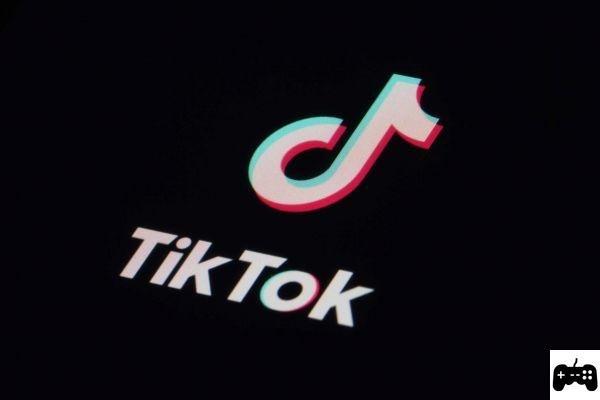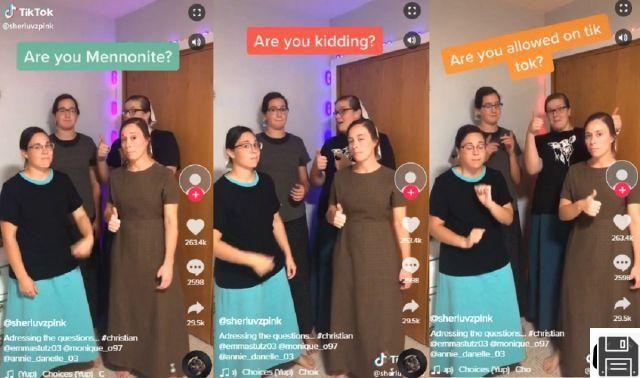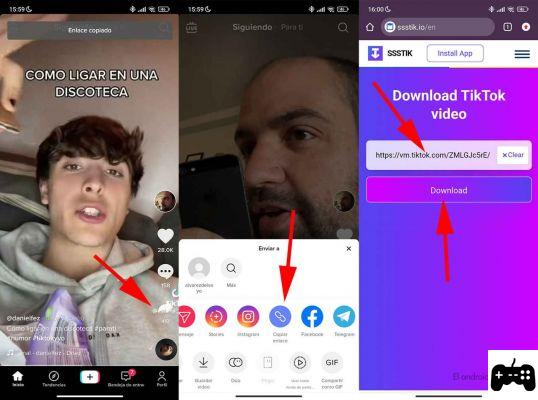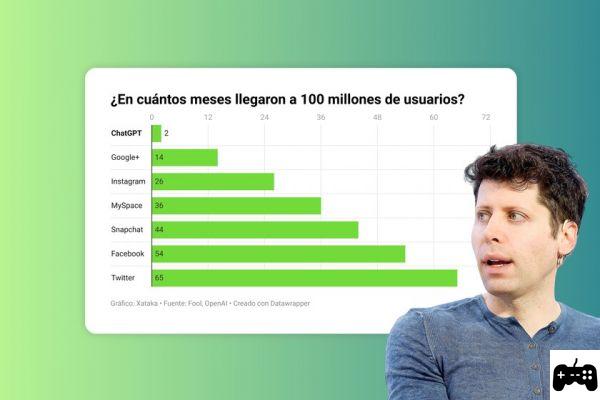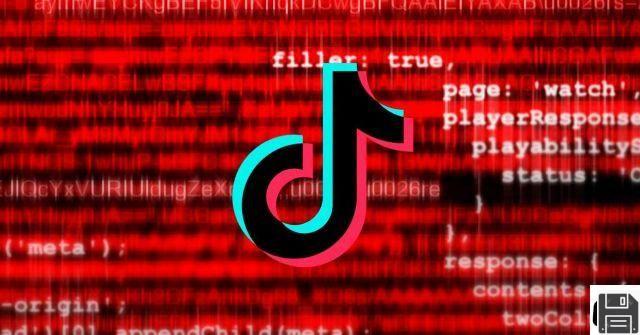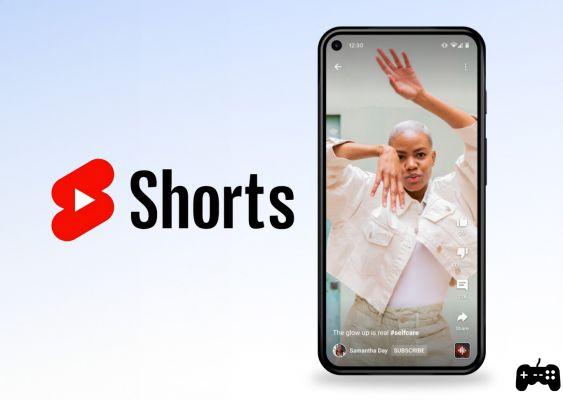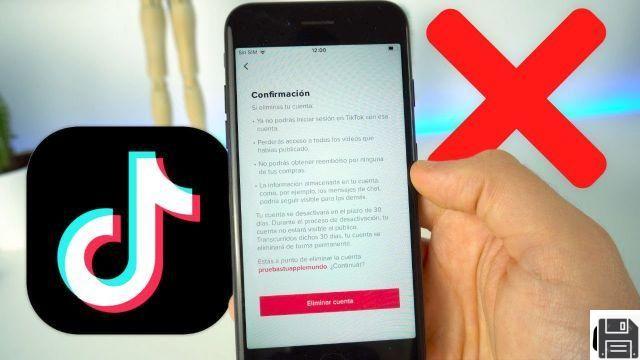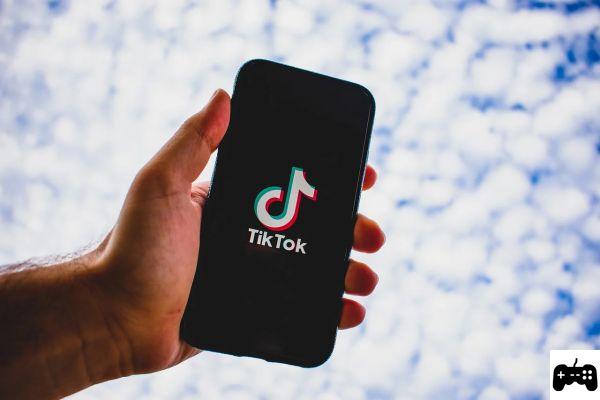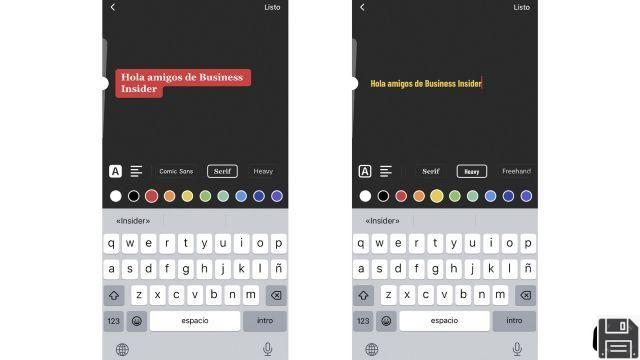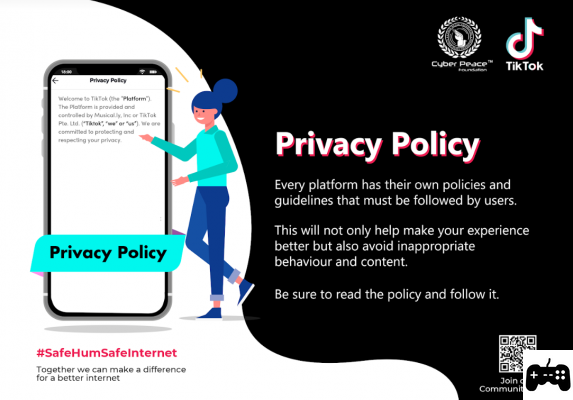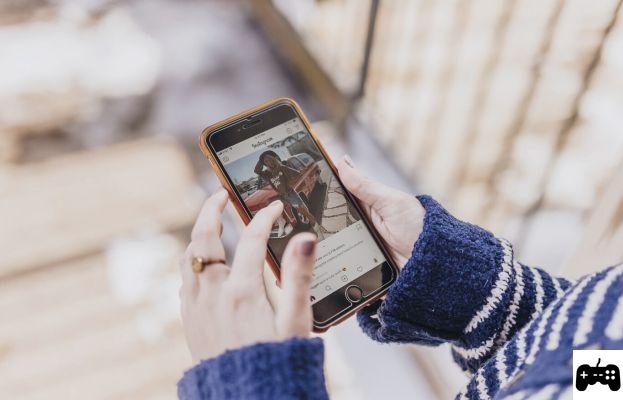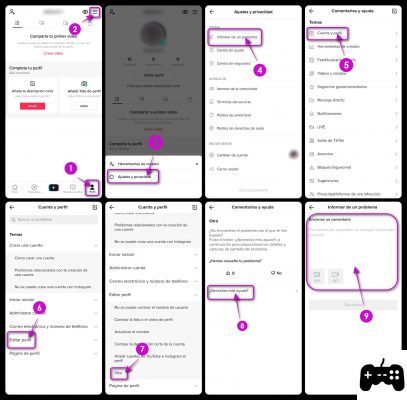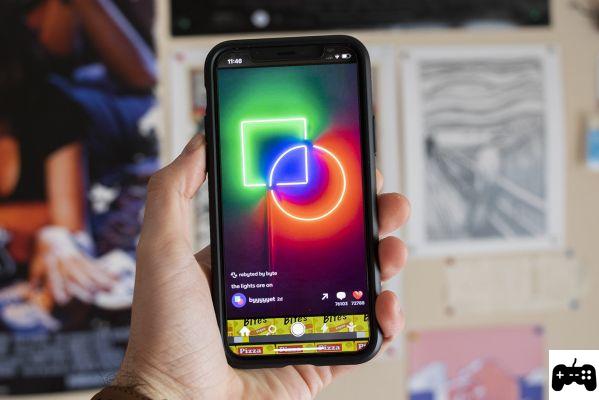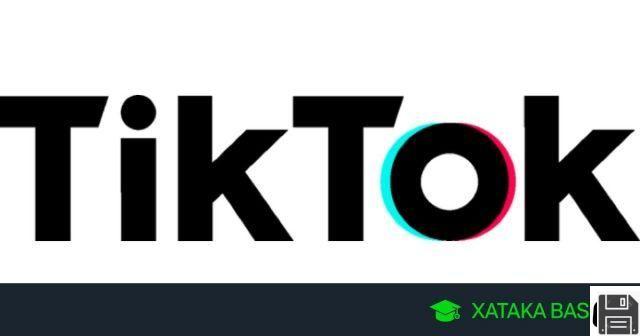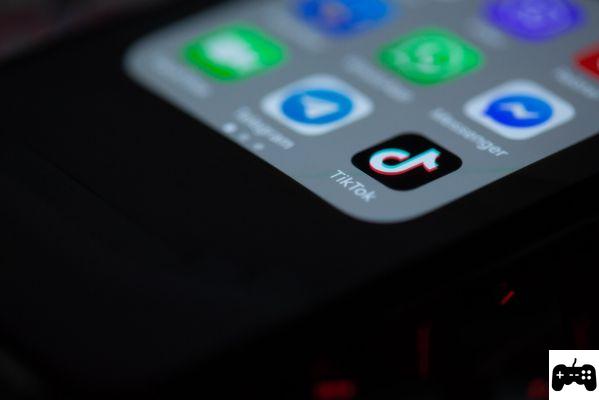
In recent months, we have witnessed how several governments around the world have made the decision to limit or even ban the popular application TikTok in their countries. This measure has generated great controversy and has left millions of users wondering what the reasons are behind these decisions and what is happening with the application. In this article, we will analyze the main search intentions related to this topic and try to answer all your questions.
Why are various governments limiting or banning TikTok?
One of the main reasons why various governments are limiting or banning TikTok in their countries is concern about the security of user data. TikTok is an application of Chinese origin and has come under fire from some countries, especially the United States, which fear that TikTok's parent company, ByteDance, may be sharing users' personal information with the Chinese government. This concern has been heightened by China's cybersecurity laws, which require Chinese companies to share information with the government when requested.
Another important reason is concern about inappropriate or dangerous content that can be found on TikTok. Although the platform has implemented measures to filter and remove unwanted content, some governments consider that these measures are not enough and that the application can be used to spread harmful content, especially among younger people.
Additionally, some governments have also expressed concern about TikTok's potential to influence public opinion and manipulate information. Given that TikTok is a hugely popular social media platform, with millions of users around the world, some governments fear it could be used as a propaganda or misinformation tool.
What is happening with TikTok?
As a result of these concerns, several governments have taken steps to limit or ban TikTok in their countries. The United States has been one of the most active countries in this regard, with former President Donald Trump issuing an executive order in August 2020 to ban TikTok in the country. However, this measure was blocked by the courts and TikTok currently continues to operate in the United States, although under certain restrictions.
In other countries, such as India, TikTok has been completely banned. In June 2020, the Indian government announced a ban on TikTok and 58 other Chinese apps, citing concerns about the security of user data and the country's sovereignty. This ban has had a significant impact on TikTok, as India was one of the app's largest markets.
As for Europe, some countries such as France and Germany have expressed concern about the security of user data and are considering taking measures to limit or regulate TikTok. However, no drastic measures such as a complete ban have been taken so far.
Conclusion
In short, governments are limiting or banning TikTok in their countries due to concerns about the security of user data, inappropriate and dangerous content, as well as the potential to influence public opinion. Although these measures have generated controversy, governments consider it necessary to protect their citizens and safeguard national security. The future of TikTok remains uncertain and will depend on how regulations and negotiations between governments and TikTok's parent company evolve.
Frequently Asked Questions (FAQs)
1. Is TikTok safe to use?
Although TikTok has implemented security and privacy measures, there are concerns about the security of user data due to its Chinese origin and China's cybersecurity laws. If you decide to use TikTok, it is important to exercise caution and protect your personal information.
2. What alternatives are there to TikTok?
If you're looking for an alternative to TikTok, there are other similar apps available, such as Instagram Reels, Triller, and Dubsmash. These apps offer similar short video creation and editing features.
We hope this article has answered your questions about why various governments are limiting or banning TikTok in their countries. If you have any other questions, feel free to leave them in the comments.
Until next time,
The fordatarecovery.com team





